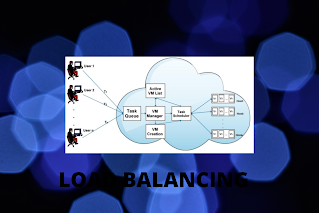Kubernetes is mainly the container-orchestration system which is designed by Google and is now maintained by the Cloud Native Computing Foundation. It is actually an open-source container.
If we see the term Kubernetes, it simply means it is an open-source platform that automates Linux container operations.
Google Kubernetes Engine (GKE) runs certified Kubernetes. It provides a controlled and managed environment for deploying, managing, and scaling, the containerized applications. It uses Google infrastructure for this.
In GKE, there are multiple machines that are grouped together to form a cluster.
The question that comes in mind that why Google has go for Kubernetes or what is the need for making this engine. The reason here is to bring container orchestration to the masses, and the only way is to combine the open-source technology and built the community around it.
The three main problems that the Kubernetes solved that are:
1) It is portable and runs on the cloud providers, bare-metal, hybrid, or both.
2) It is configurable and modular.
3) Auto-placement, Auto-restart, Auto-replication, and Auto-healing of containers are the mains feature it provides.
Do you also know that Kubernetes is also known as K8s . Here, 8 is for "ubernete", an eight-letter word.
One more question that comes in mind that Docker is a container, so is Kubernetes a docker, or are they different?
The point here to note that Kubernetes is a container orchestrator, whereas Docker is an application that helps to run containerized applications.
So, Kubernetes can run without Docker and can use other applications that managed many containerized applications like RunC, cri-o, etc. These are deployed with Kubernetes.
Also, Dockers can also be installed on the system and is a standalone application. But, If Dockers is deployed with Kubernetes, this combination goes very well.
Here, Kubernetes is discussed and it mainly developed for container orchestration. So, the next thing to think is what is the need for containerization in virtualization.
So, here is the answer, Containerization helps to eliminate the problem of transferring code from desktop computer to Virtual Machine (VM), or from Linux to Windows OS by bundling the application code, with configuration files, libraries, dependencies required it for it to run.
So, I think the Kubernetes is clear to all!!!!!




